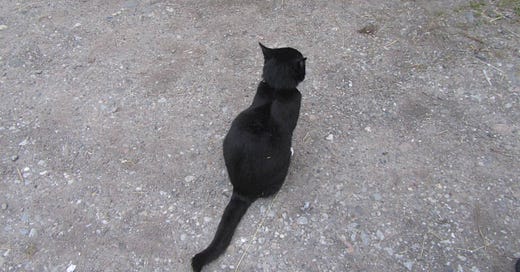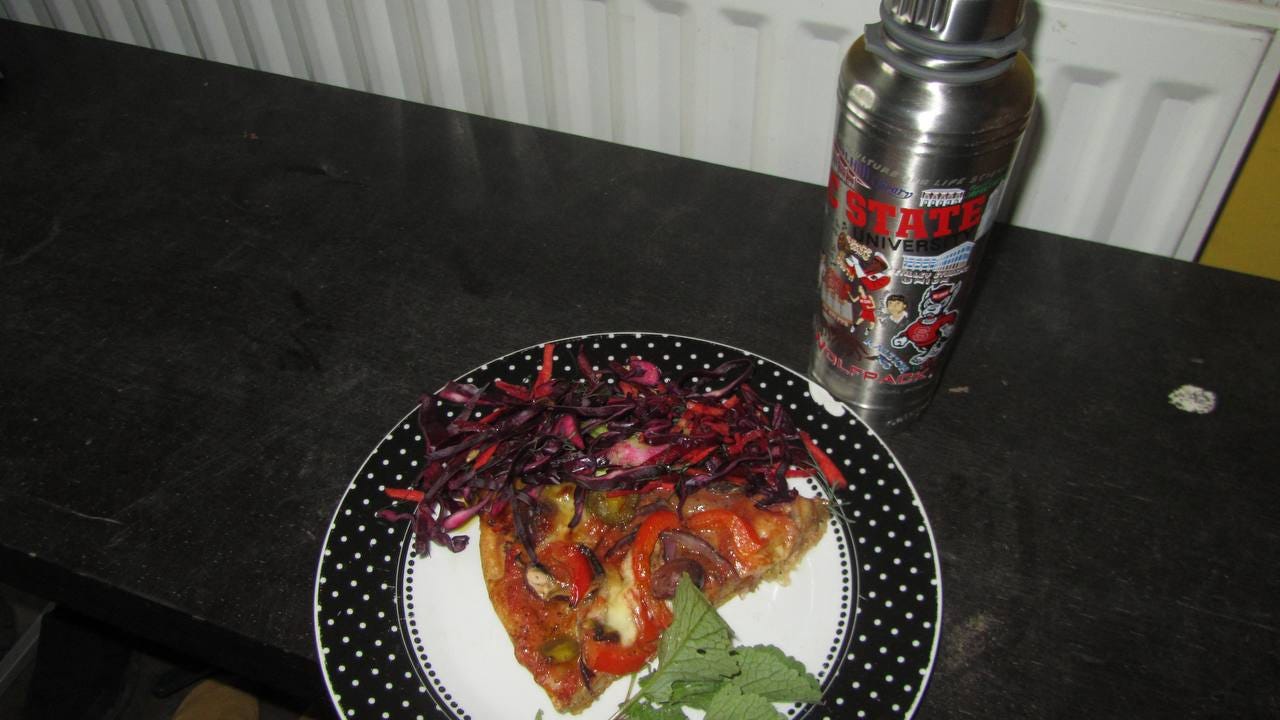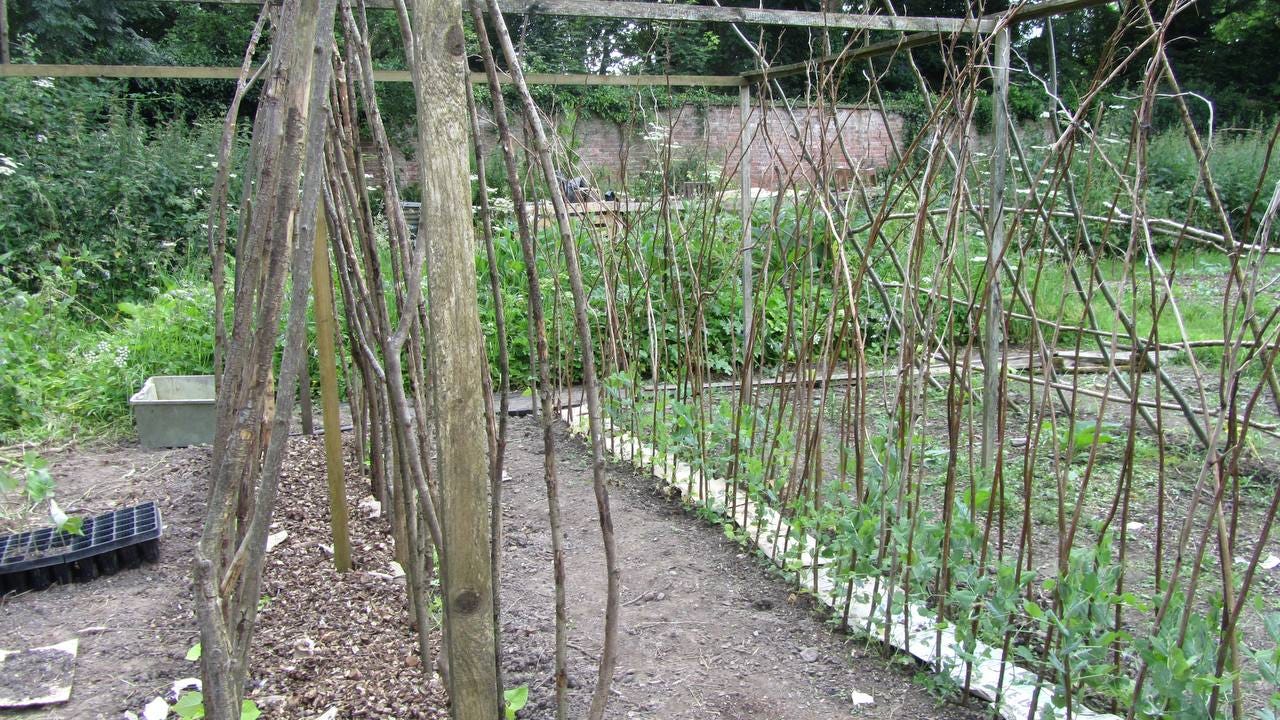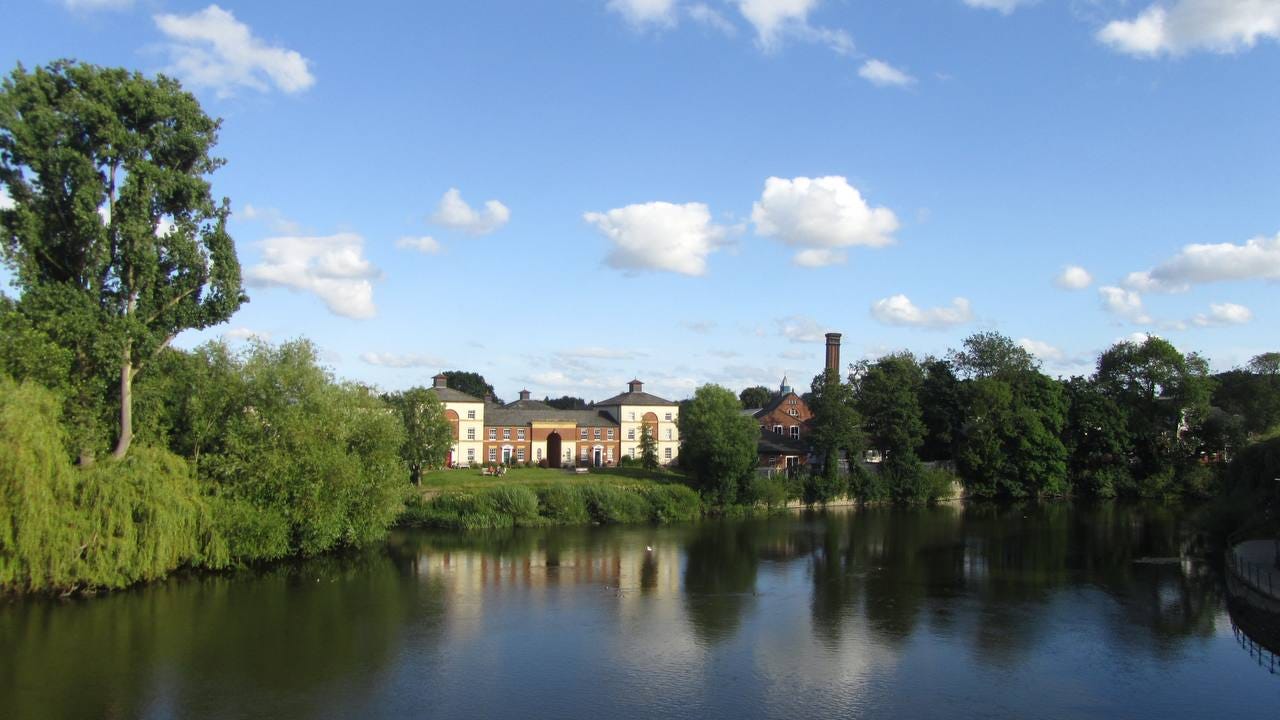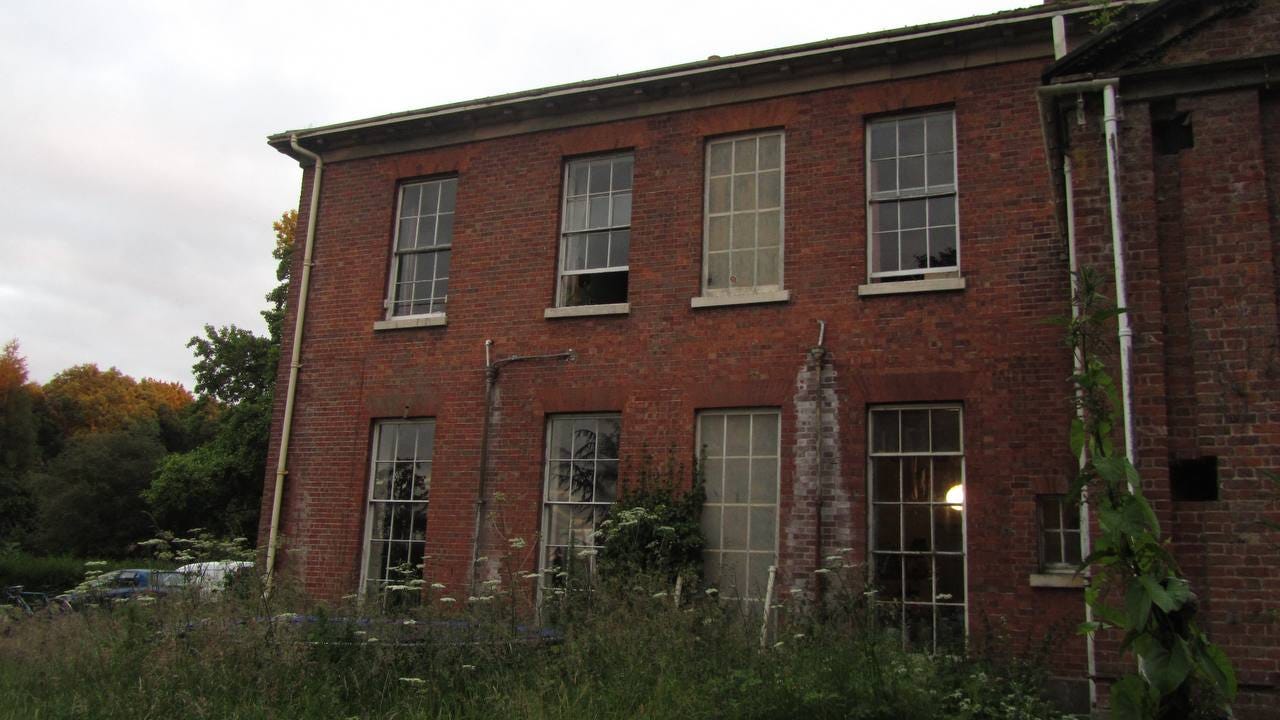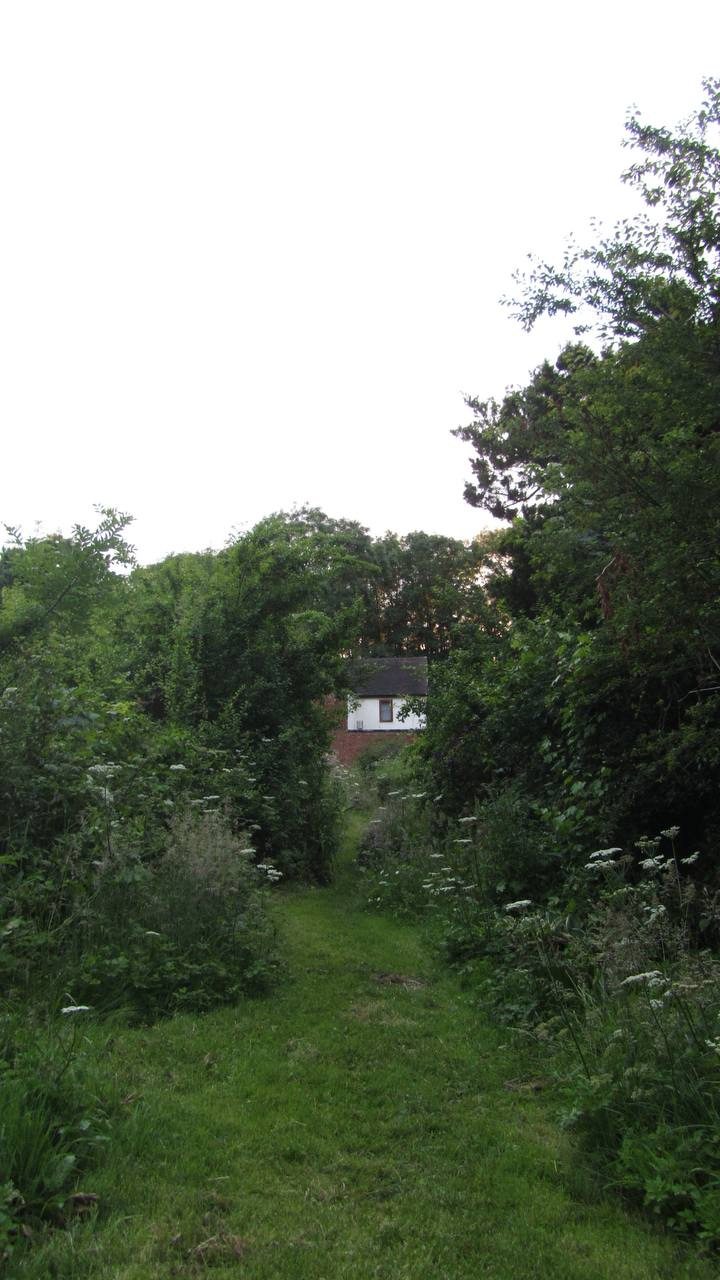The cat was racist, which is one of those little things that you say but no one else believes. Clark closed every door to me Joseph and the Amazing Technicolor Dreamcoat style, turning his back every time I even walked remotely close to him with a flick of his disturbingly hard tail while coquettishly cozying up to everyone else (conveniently white). But no matter - I was in love, and no racist cat was going to change that.
I’m not a believer of love at first sight, but the Hall was hard not to just fall for. A tall mahogany door (with an oxidised-teal mailbox) that creaks as you push in to see a huge lobby, with a ceiling three-stories high topped by a glass dome roof, flanked by maroon walls. In the library, four large sprawling sofas form a square, and harpsichords (yes, plural) line the walls, along with bookshelves crammed full of the classics: Steinbeck, Walden by Thoreau (which actually made me giggle a little with regards to how on the nose it was), along with, as one would expect, books on ecology, sustainability, and growing plants. In the middle of the kitchen stocked with all sorts of spices and teas and vegan condiments, were laundry bars that had to be pulleyed down. The bars heaved and shook in the most delightful way when you pulled on the rope to get to your dry clothes above.
I need to talk more about the dining room. Floor-length windows with sunlight that rushed in, slightly obfuscated only by the knee-tall grass outside in the garden, with splashes of paint so fresh it made the entire room feel like the inside of an orange. A gigantic wooden table in the middle of the room, an easel between the windows, and hand-drawn sketches of fruits all over the walls. Here, we talked with no end over steaming hot mugs of black tea with milk. Lucy was my friend for that week, a girl from South Carolina with a septum who was also visiting, with blonde curly hair and an unending supply of sleeveless shirts. Lucy spoke in an exceptionally deep murmur, and listened to Adrienne Lenker and Billy Joel, if that gives you an indication of the demographic at the farm. Happy pride month.
At this farm, everyone took turns cooking meals. The very first day, Clyde made pizza. He hand-kneaded the dough with bowls of ingredients all around him on the solid wooden table, and created this delicious crispy dough that I devoured for dinner, lunch, then dinner again, lying on top of the large trampoline soaking in the sun and the juicy, juicy dough. The radishes fresh from the farm were another highlight - I ate the whole plant, leaves and all.
There was a huge focus on incorporating all kinds of foods from the farm into dishes, and the farm was entirely vegetarian, so I ate more vegetables than I have ever eaten in my entire life. I had flower salad, which was a little dream of mine ever since that one Thea Stilton book where they ate flower salad at a Parisian cafe. I devoured thick loaves of dense delicious homemade bread, thin strips of courgette, potatoes with cream, and this white goosefoot pesto that nearly made me cry from how good it was. I recall in particular this one bolognese made by archaeologist that I went back for seconds for, and I never do that because it does come off a bit gluttonous.
The farm work was hard, but with enough breaks for it to be pleasant. For days on end, from 10-5pm, we constructed bean frames and planted bean plants, cut down comfrey and picked all sorts of berries and ate them off the vine. After work I showered in the quaint blue-tiled bathroom with wooden floors, nursed my sunburns and nettle stings and red ant bites, and read page after page of Morrison, McCarthy, and Vandana Shiva. The weekday afternoons passed like this - warm, hazy, and filled with a very particular peculiar feeling - like the whole of the countryside was holding its breath in anticipation of something.
On off-days we cycled into town, and when I say cycled I mean I trailed behind Lucy, furiously pedalling in an attempt to work myself up the (frankly not-so-steep) hills. There were areas where we shot through steep bike paths, down and up again, and through barely-there dirt paths. Brambles and branches smacked straight onto us as we flew past. I learnt how to change gears halfway through the journey, but at no point did I ever get rid of the impulse to think “roadkill roadkill roadkill” whenever a car drove from behind me.
Millie, a local girl who did her Masters in Climate Science in Germany, showed us around - the ex-quarry with the willows hanging off the side, the posh private school rowers that yelled and were yelled at by their coaches on bikes cycling past them, and the topsy-turvy street that shot steeply up (which happens to be, allegedly, the longest stretch of independent shops in the UK). The sun was in our eyes, so we stopped by the bank for a pint (Guinness as always for me), and talked about her growing up in the town, and how there were virtually no people of colour in the town, and the implications of that.
Lucy and I returned back to the farm after a delicious venison pizza (I fear I needed my meat fix). The ride back was uphill, and so I had quite a few humiliating moments when I just gave up and walked. The sky was just darkening at half past eight, and the air was warm and buzzing and sweet, so much so that my sad defeat was completely inconsequential.
Judy, the main farm host, was back in the farm waiting for us. She had platinum-white hair tied back into a tight ponytail, and consistently wore clothes that were sensible but fit perfectly on her. Grey, sleeveless shirt, practical jeans, rucksack. She spoke with clarity and conviction, and talked through nights with me over tea and homemade rhubarb and beet crumble in that wonderful kitchen. As we spoke, we listened to the tens of residents pattering through the corridors of the house. When I creeped back into my room at midnight my bare feet touched the raised wooden floorboards and the carpets overlaid over each other on them. My last thought before I went to sleep was that my minimalist mom would hate this house but I really, truly have been charmed, by it and its eclectic, lovely occupants, who have treated me with this unprecedented radical kindness.
When it was time for me to leave the farm, Alfred, the father of the two little kids, offered to drop me off in town. His truck was humongous and I crawled clumsily into the passenger’s seat, feeling the exact same way I had been feeling the entire trip — like a tiny child visiting for summer. I put on my seatbelt. As Alfred drove out, he told me to look at the car glass. “They’ll wave until we’re past the trees. It’s our custom.”
As we slowly manoeuvred past the rows of trees on both side towering overhead, the truck rumbled and groaned under my feet and slowly we went faster and faster through the vegetation caving in. As the dotted filtered sunlight begun to burst into bright direct light, I thought about Marvin, the old man who always wore some shade of maroon matching the walls of the house, who had helped me find and adjust a bike and stayed with me as I washed the dishes.
On the first night, he told me something that I tried not to forget. Marvin was tinkering away in the middle of the corridor, replacing the floorboards while complaining about how the house was run-down and difficult to repair. When one of us had chimed in with some comment or other about how beautiful the farm was regardless, Marvin tilted his head.
Thoughtfully, in a hushed, almost religious tone: “Sometimes when I go into town, and I come back cycling down the road and through the trees, I look around and I think about how impossibly gorgeous this is. No one should be allowed to live here, to live in such beauty.”
I looked into the side windshield on my left, and Marvin was there on the porch, still waving me goodbye in the tiny mirror, waving and waving up until we turned right and drove out and down the dirt road.


